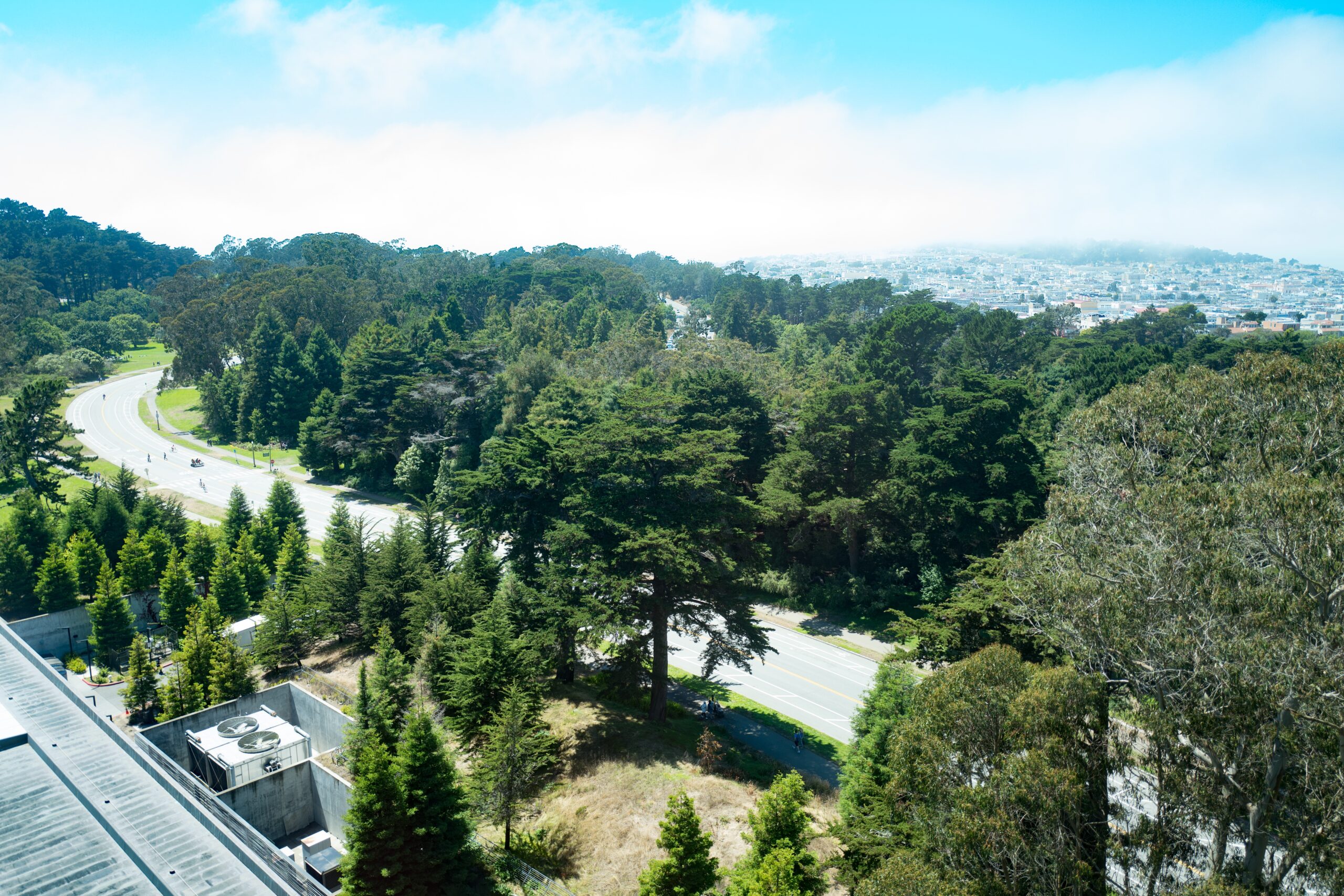This week’s Board of Supervisors highlights might be described as being about going places—or not. They include a hearing about a bridge to nowhere, and a new battle in the war over car-free JFK. The mayor will also address the board. (As always, wonks looking for the full kit and caboodle can check out the meeting’s complete agenda).
Question Time, But No Questions
Since 2006, San Francisco’s mayor has been required to address the Board of Supervisors once a month and answer questions posed by them. This week is one of those meetings. The problem is, no Supervisors have submitted any questions for Mayor Breed this month, so she’ll likely have the podium to herself for up to five minutes.
The Bridge To Nowhere
What bridge? At 3:00 p.m., the board will convene a special order hearing to consider a petition to revoke the permit for the pedestrian bridge over Kearny Street that connects Portsmouth Square park to the Financial District Hilton hotel.
Having a Cow over Car-Free JFK
Supervisor Connie Chan has moved for the retrieval from committee of her legislation regarding car access on John F. Kennedy Drive in Golden Gate Park, and for it to be considered by a public Committee of the Whole hearing, sometimes called a “Cow hearing” by supervisors, to consider the two ordinances. Even better, it’s a “Joint Cow Hearing” of both the Board of Supervisors and the governing board of San Francisco’s County Transportation Authority—which has the same membership as the Board of Supervisors. If the supervisors approve the motion, the hearing will be on April 26.
